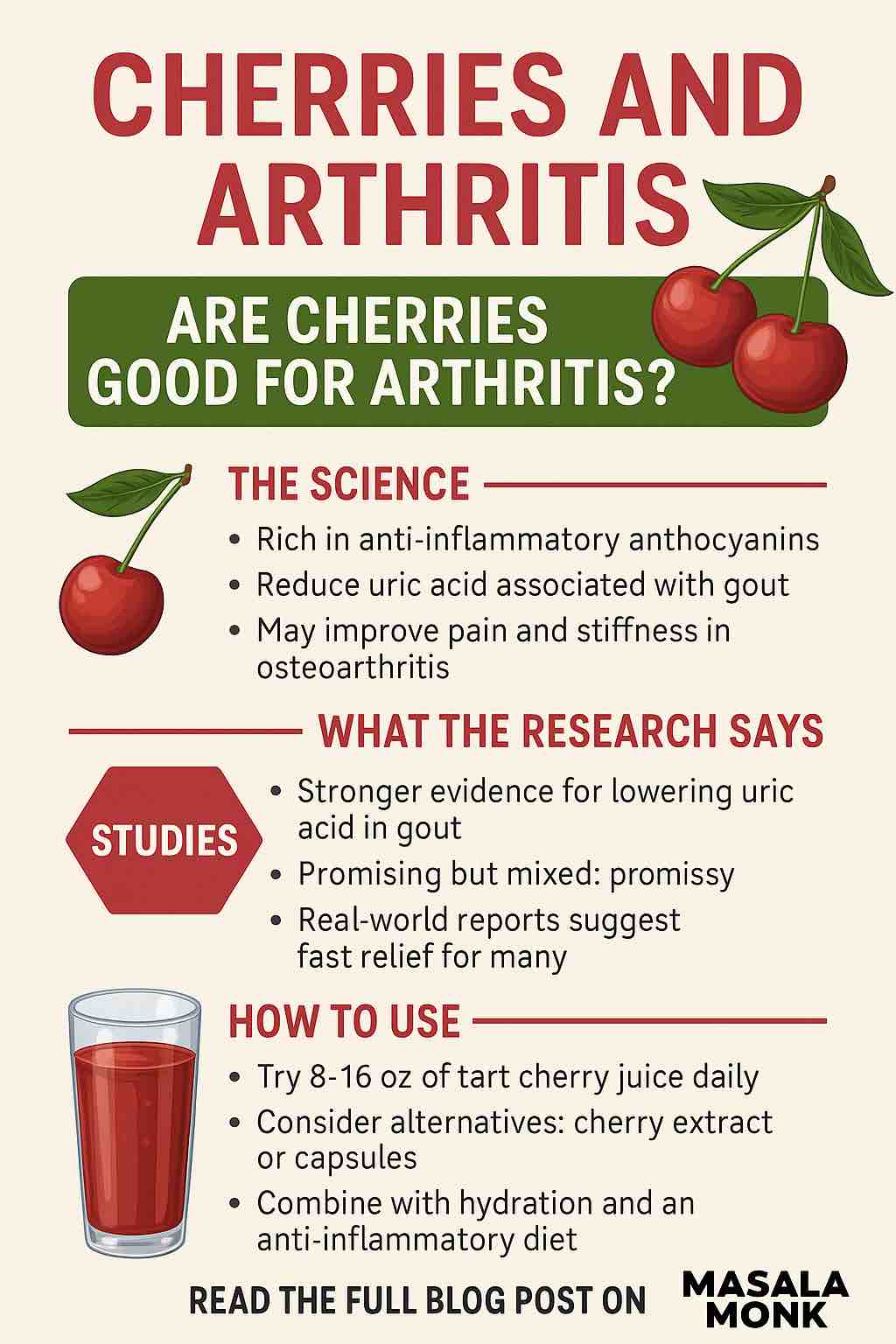
Struggling to breathe through your nose? Foggy head, throbbing pressure, and a tissue box as your new best friend? You’re not alone. Millions battle nasal and sinus congestion from allergies, colds, weather changes, or just that mysterious seasonal gunk. But you don’t always need to run for the pharmacy—nature, ancient wisdom, and real-life hacks can offer serious relief.
Below you’ll find a deep dive into proven natural remedies—including practical “how-tos,” science-backed facts, and direct experiences from real people. Ready to breathe easy again? Let’s get started.
Why Natural Remedies?
Conventional decongestants and sprays work, but they can come with downsides—rebound congestion, drowsiness, or even raising your blood pressure. Natural methods, on the other hand, focus on gently supporting your body’s own healing and clearing pathways, often with fewer side effects.
Best of all? Most remedies below use items you already have in your kitchen or bathroom.
1. Steam: The Classic Sinus Opener
Why it works: Steam moistens dry nasal passages, thins mucus, and helps everything drain out. Warmth can also ease pressure and sinus pain.
How to do it:
- Fill a large bowl with steaming hot water (not boiling!).
- Drape a towel over your head, lean in, and breathe slowly for 5–10 minutes.
- For an extra boost, add a few drops of eucalyptus or peppermint oil (optional).
- Repeat 1–2 times a day as needed.
Community tip:
“A thyme steam before bed, followed by Vicks on my nostrils, is a game-changer. Usually, I wake up clear the next morning.” — Reddit user, r/herbalism
Bonus: Take a hot, steamy shower if you’re short on time or privacy!
2. Saline Nasal Irrigation: Flush It Out
Why it works: Saltwater rinses clear mucus, allergens, and germs from your nasal passages. Studies show regular saline rinses shorten sinusitis and allergy flares by days.
How to do it:
- Use a neti pot, squeeze bottle, or pre-made saline spray.
- Make your own solution: ½ teaspoon salt + ½ teaspoon baking soda dissolved in 2 cups distilled, boiled (then cooled), or sterile water.
- Lean over the sink, tilt your head sideways, and gently pour or squeeze the solution into one nostril. Let it drain out the other side or your mouth.
- Repeat on the other side. Blow your nose gently.
Tips & Cautions:
- Always use distilled/boiled/sterile water! Tap water can rarely contain dangerous germs.
- Some people add a pinch of xylitol or a drop of apple cider vinegar (test for irritation first).
Real-life hack:
“Xylitol in my sinus rinse is life changing. I’m blowing stuff out that feels like it’s been stuck forever.” — r/Sinusitis user
3. Herbal & Spicy Remedies: Mother Nature’s Decongestants
Hot “Flu-Bomb” Tonic
Viral on social media and forums, this spicy-sour shot is a natural mucus-thinner and immune-booster.
Recipe:
- 1 tbsp apple cider vinegar
- 1 tsp grated fresh ginger
- 1 clove crushed garlic
- 1 tsp honey
- Pinch of cayenne pepper
- Juice of ½ lemon
- (Optional: turmeric, black pepper)
Mix in a glass, add hot water if desired, and sip or “shot” it back.
What people say:
“Garlic, ginger, honey, and ACV flu-bomb clears me out every time. Burns a bit, but works.” — NY Post viral trend
Spicy Foods & Teas
- Hot peppers, wasabi, and horseradish can momentarily open up nasal passages.
- Herbal teas (peppermint, ginger, chamomile, nettle) are soothing and anti-inflammatory.
Tip: Chewing peppermint gum or sipping nettle tea before bed is now recommended by some sleep experts for allergy-related stuffiness.
4. Essential Oils & Aromatherapy
Why it works: Eucalyptus and menthol create a cooling sensation, which can make breathing feel easier.
How to use:
- Add a few drops to your steam inhalation.
- Use a diffuser in your room (never apply essential oils directly inside your nose).
- Rub diluted peppermint or menthol balm (like Vicks) on your chest, not in nostrils.
Caution: Essential oils can irritate or trigger allergies for some people. Always patch test.
5. Face Massage, Acupressure & Warm Compresses
- Warm compress: Place a warm, wet cloth across your nose and cheeks for 10–15 minutes.
- Facial massage: Gently massage under your cheekbones and along your brows, pressing in circular motions.
- Pressure points: Pinch the area between your eyebrows, or massage the roof of your mouth with your tongue for 20–30 seconds for fast drainage.
Community tip:
“Pressure points give me immediate relief, especially when combined with hot showers.” — r/phoenix user
6. Hydration & Anti-Inflammatory Diet
- Drink plenty of water, herbal teas, and broths.
- Cut down on alcohol and caffeine (which can dry you out).
- Eat anti-inflammatory foods: garlic, ginger, turmeric, berries, leafy greens, and fatty fish.
- Some people find reducing dairy lessens mucus, but results vary.
Supplements getting buzz in 2024–2025:
- Quercetin & bromelain: For allergies and swelling
- Stinging nettle: A natural antihistamine
- Butterbur: Shown in studies to help some allergy sufferers
7. Lifestyle: Humidity, Sleep, and Clean Air
- Use a humidifier in your bedroom (clean it regularly!).
- Elevate your head with an extra pillow to encourage sinus drainage overnight.
- Keep your environment free of dust, smoke, and strong fragrances.
Parent tip:
“Humidifiers, Gua Sha face massage, and neti pots—our go-to for the whole family.” — r/moderatelygranolamoms
8. What to Watch Out For
- Always use clean water for nasal rinses.
- Start slow with strong spices or essential oils—more is not always better!
- Herbal supplements can interact with medications. Check with a healthcare provider, especially if you’re pregnant, nursing, or have chronic health issues.
- If symptoms last more than 10 days, worsen, or include fever, facial swelling, or vision changes, see a doctor—sometimes antibiotics or other interventions are needed.
In Summary: Find What Works for You
No one remedy fits all—but combining steam, hydration, gentle saline rinses, and herbal supports can make a huge difference for most people. Start simple. Tweak your routine. Don’t be afraid to experiment (safely!). And remember: your body, your pace.
Have a favorite home remedy, a trick you swear by, or a question about your sinus struggles? Share in the comments or drop me a line—I’d love to hear your story and help you breathe easier!
Breathe deep. Relief is closer than you think.
FAQs
1. What’s the safest way to do a saline nasal rinse at home?
Answer:
Always use distilled, sterile, or previously boiled and cooled water. Mix ½ teaspoon of non-iodized salt and ½ teaspoon baking soda in 2 cups of water. Use a clean neti pot or squeeze bottle, and rinse thoroughly after each use.
2. Can steam inhalation help with all types of nasal congestion?
Answer:
Steam works best for congestion caused by thick mucus, colds, or mild sinus infections. It may not be as effective for severe allergies or structural issues like a deviated septum.
3. Are essential oils safe for sinus relief?
Answer:
Eucalyptus and peppermint oil can offer temporary relief, but never apply undiluted oils directly inside your nose. Always dilute and use in steam or diffusers. Some people may experience irritation or allergic reactions.
4. What natural remedies are best for allergy-related congestion?
Answer:
Try saline rinses, stinging nettle tea, quercetin, local honey, and anti-inflammatory foods (garlic, ginger, turmeric). HEPA air purifiers and regular cleaning also help reduce allergens indoors.
5. How long should I try natural remedies before seeing a doctor?
Answer:
If congestion lasts more than 7–10 days, worsens, or is accompanied by high fever, severe headache, facial swelling, or vision changes, consult a healthcare provider promptly.
6. Can dietary changes really reduce sinus congestion?
Answer:
Yes. Many people report less mucus and congestion when they reduce dairy, processed foods, and increase anti-inflammatory foods like leafy greens, berries, and fatty fish.
7. Is it safe to use apple cider vinegar or xylitol in nasal rinses?
Answer:
Some users report benefits, but these additions can cause irritation in sensitive noses. If you try them, start with very small amounts and stop if you notice burning or discomfort.
8. What’s the quickest way to relieve sinus pressure at home?
Answer:
Apply a warm compress to your face, use steam inhalation, try acupressure on your cheekbones and brow, and use a saline rinse. Over-the-counter NSAIDs like ibuprofen can also help reduce swelling.
9. Are there risks with frequent nasal rinsing?
Answer:
Rinsing 1–2 times a day is generally safe. Over-rinsing may cause dryness or mild irritation. Always use clean water and sterile equipment.
10. What natural remedies are safe for kids?
Answer:
Saline nasal sprays or drops, humidifiers, steamy bathrooms (not hot water bowls), and plenty of fluids are safest. Avoid essential oils, spicy remedies, and supplements in young children unless approved by a pediatrician.













